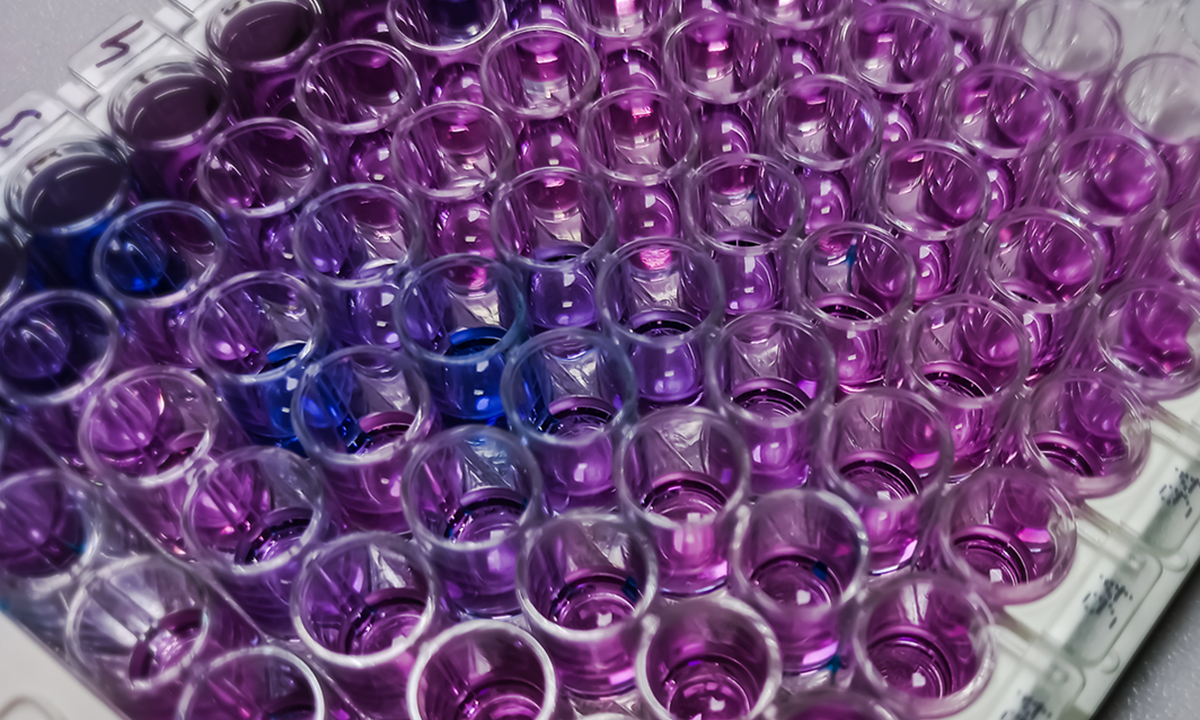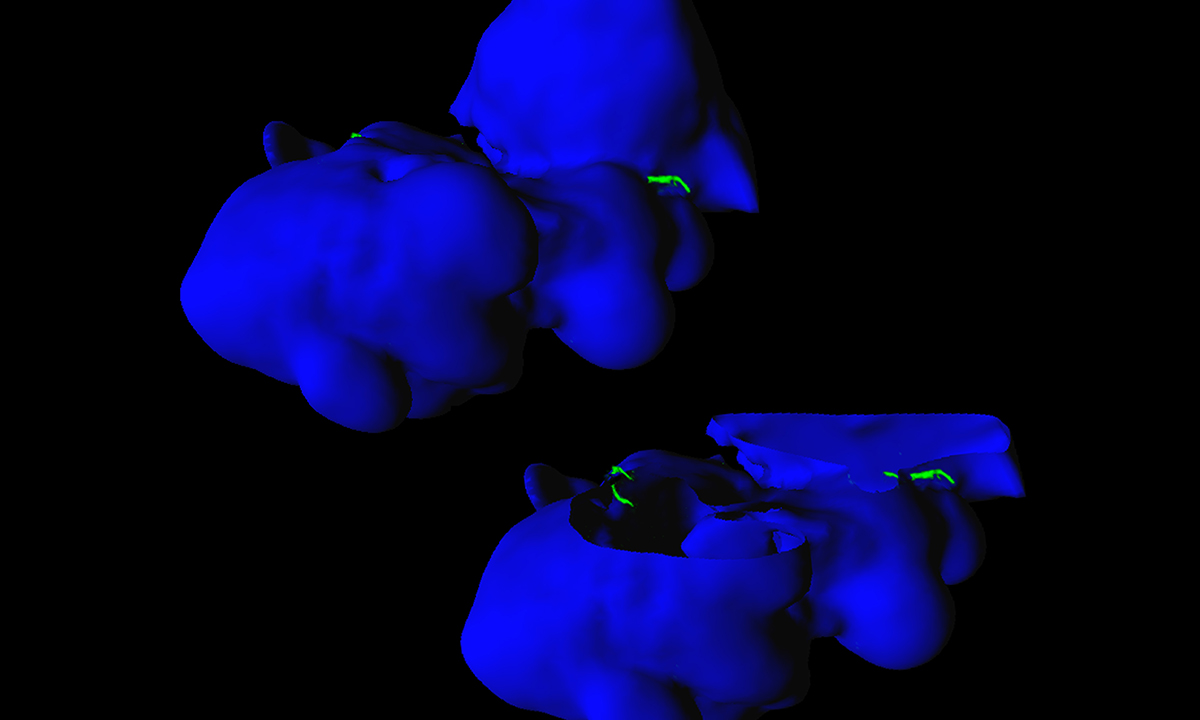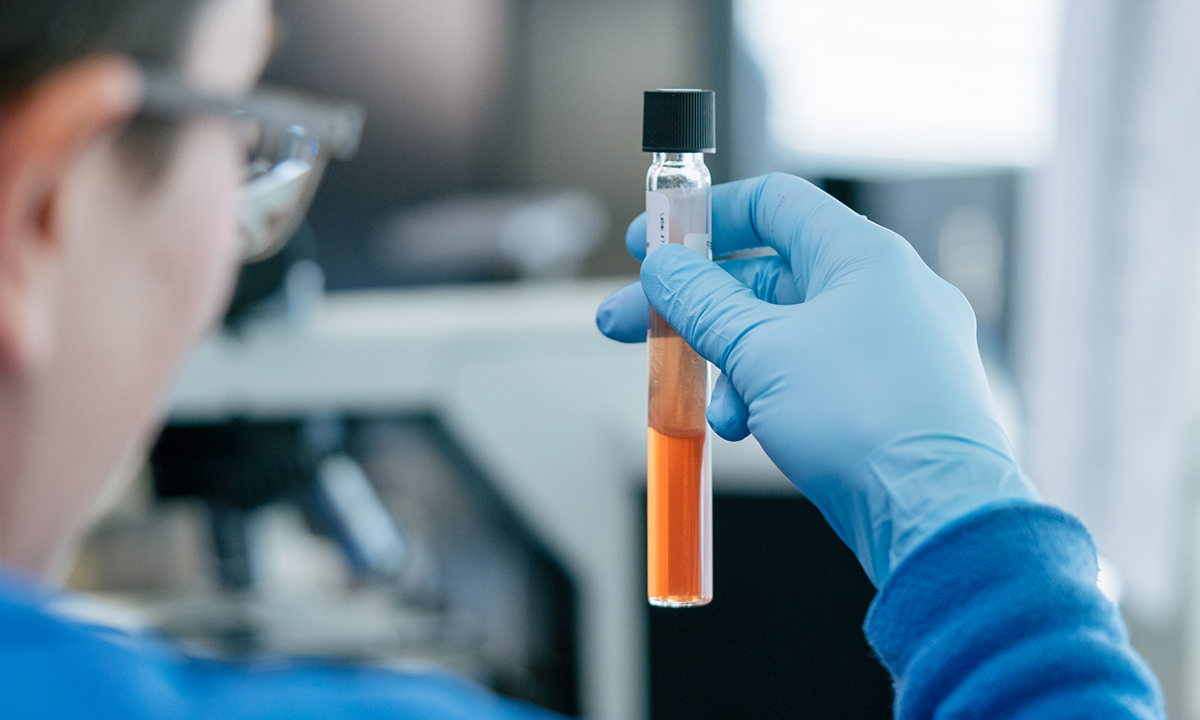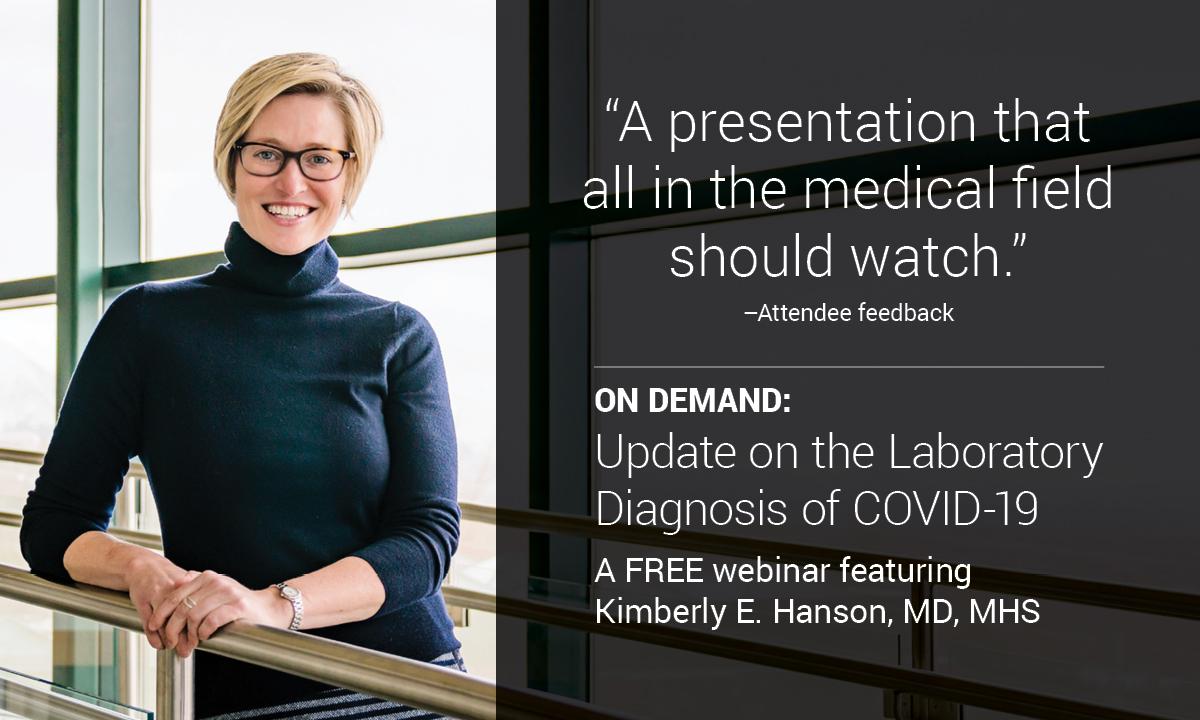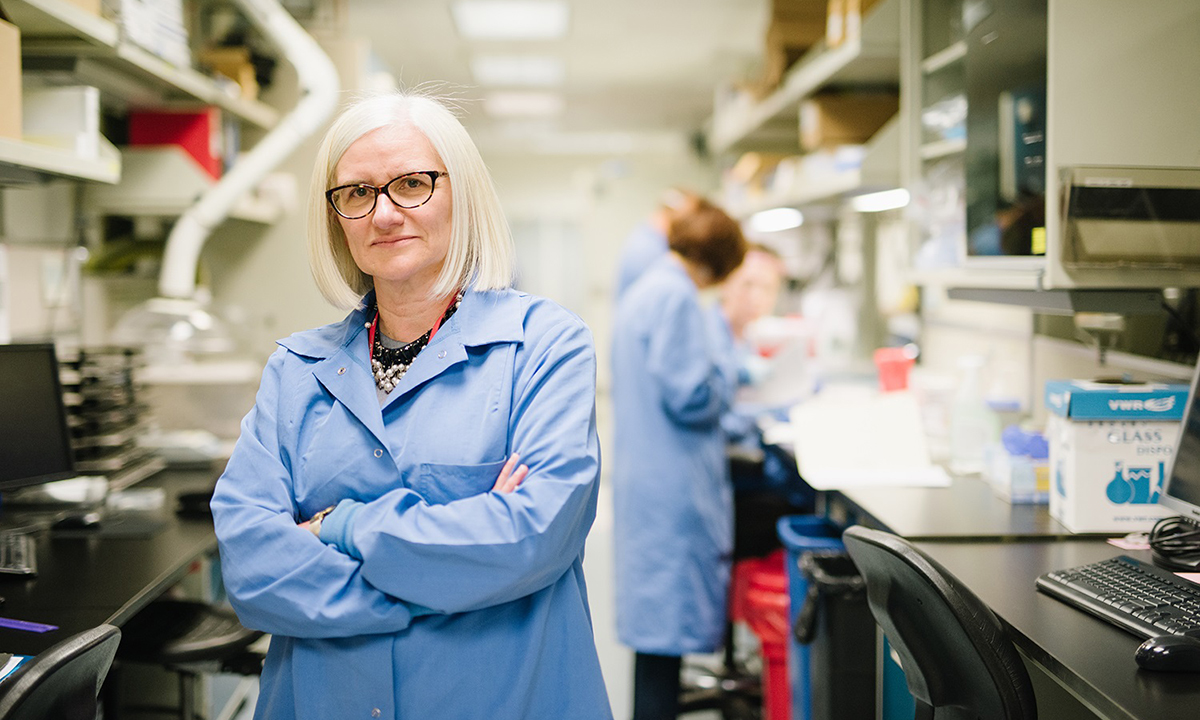ARUP Consult®, a free source of expert guidance in laboratory testing, has released updated resources on testing for group A Streptococcus, Toxocara, and Echinococcus infections.
Cases of Lyme disease, Rocky Mountain spotted fever, and other tickborne illnesses are rising across the U.S. ARUP Consult’s testing resources can aid clinicians in diagnosing tickborne diseases.
ARUP Consult has released updated resources on Endocrine Testing in Transgender Adults and diagnosis of Male Hypogonadism. Also new are two comparison tools for ARUP’s testosterone and estrogen tests.
ARUP Consult® has released new and updated resources on Prenatal Testing for Chromosomal Abnormalities and Neural Tube Defects, Soft Tissue Sarcomas, and COVID.
ARUP Consult®, a free source of expert guidance in laboratory testing, has released updated resources on testing for celiac disease and trace element deficiency and toxicity.
ARUP Consult® has released updated resources on Hereditary Thrombophilia, Group B Streptococcal Disease, and Paraneoplastic Neurologic Syndromes (PNSs).
ARUP Consult released new and updated resources on genetic cardiovascular disease, the effects of common anticoagulants on coagulation testing, laboratory testing for primary sclerosing cholangitis.
ARUP Consult® added new resources in September that provide expert guidance on preoperative testing for ovarian cancer biomarkers and testing strategies for malaria.
To assist clinicians in providing the best possible care for patients with thyroid disease, ARUP Laboratories has released a comprehensive new thyroid disease testing resource on ARUP Consult.
A recording of an hour-long webinar updating the status of diagnostic testing for SARS-CoV-2 nearly a year after the first tests were introduced is now available to watch for free.
In December 2020, Utah’s Newborn Screening Program identified the first patient with guanidinoacetate methyltransferase (GAMT) deficiency solely through newborn screening.
Andrew Fletcher, MD, MBA, CPE, CHCQM, FCAP, medical director of Consultative Services at ARUP, has coauthored a study that shows clinicians frequently do not adhere to clinical guidelines.

















